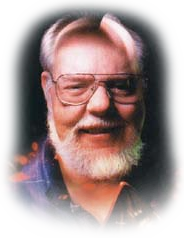Be present
One thing I realized when I started meeting people at conferences, etc., is that if you are going to go out to meet new people, you have to be 100% present in the moment. Talk to them with your heart open. Listen to what they say. Pay attention. Ask them what they do in their real life. Find a way to bond with them. You're not trying to get something over on them, you are trying to build a long term relationship. Companies come and go. Projects and products come and go. Relationships last forever, if you are genuine.
Listen to how you can help
Next, find out what they do. Listen for ways that you can add benefit to what they do. Are they having struggles with anything? Can you or your network help them? This is all about being positive influence in their sphere of influence.
Get help if you need it
If you can't do the above, go talk to someone and get your mind right. Therapists are good investments. Really. They paid off for me.
Once you can do the above, here's the next challenge: tell your new contact what you do in a clear, succinct manner.
Short and sweet
Do not overwhelm people with information. People won't remember a chapter of a book. They remember the opening line of the chapter. Maybe. You've already told them who you are. You've already listened to their struggles. Now you have to tell them what do you do and what can you do for them. How short can you make that concept? You have one sentence. Give it impact. It's the equivalent of a resume; not an interview. That short statement may get them interested. Let them ask questions. Then answer them succinctly and honestly.
Are you a good witch or a bad witch?
Ultimately,when you're at networking events, you have to not just make an impression, you have to leave an impression. What will they remember about you? Are you a helper or a taker? Helpers get more calls and get their calls answered. And that's the whole idea.
---------------------------
Billy Joe Cain is an Executive Recruiter with Mary-Margaret Network and focuses on the video game industry. He has worked for Electronic Arts and started three game studios in Austin, TX. Since 1992, he has created games such as Wing Commander: Prophecy and SpongeBob SquarePants: Revenge of the Flying Dutchman.
Please connect with him on LinkedIn and mention you read his blog! www.linkedin.com/in/billyjoecain








